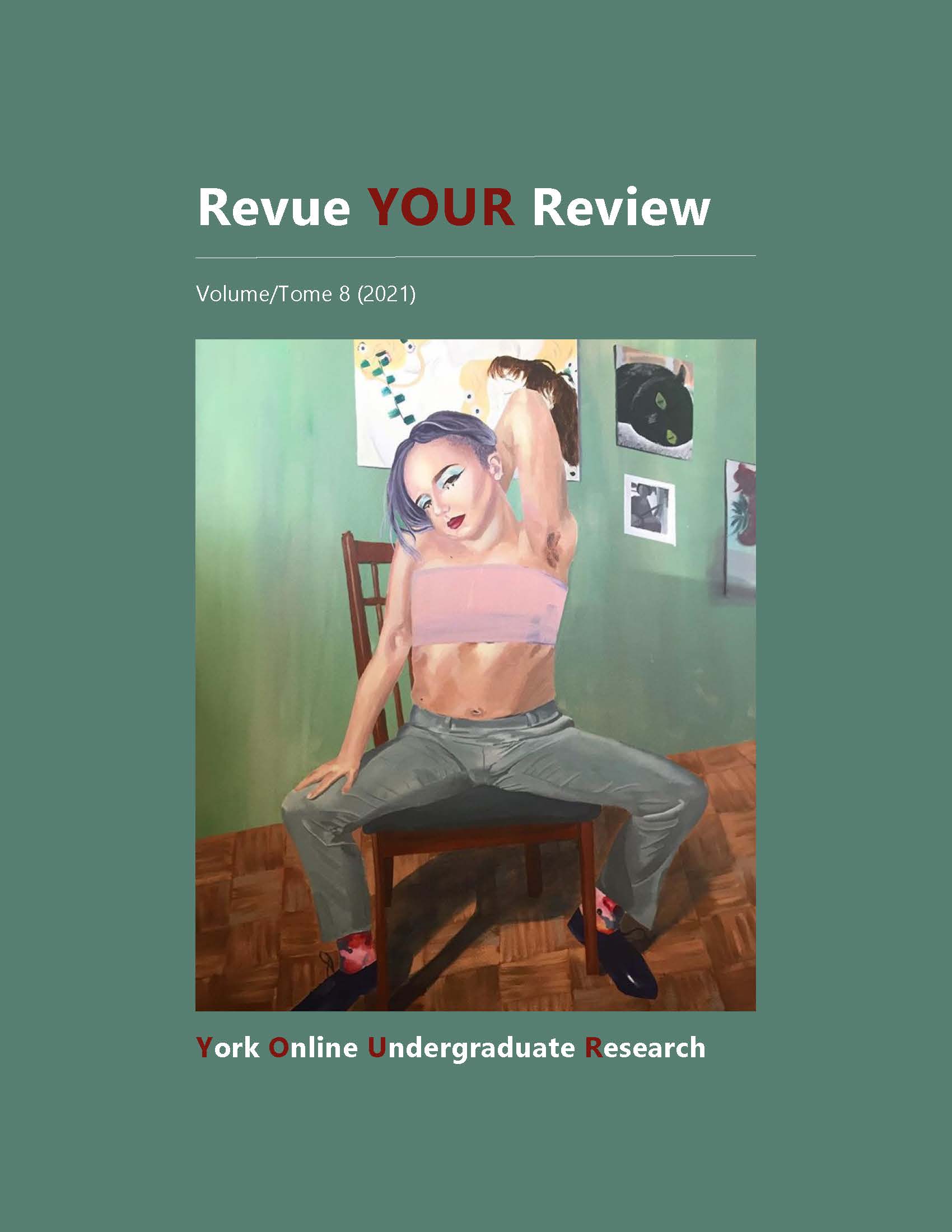How Is Africa a Neoliberal Utopia? An Analysis of God Complexes, Eden, and Development
Keywords:
neoliberalism, race to the bottom, race to the baton, Africa, capitalism, structural adjustmentAbstract
This paper explores the different ways that Africa is a neoliberal utopia for the Global North. On the one hand, the introduction of neoliberal ideologies into African society was assisted historically by the transatlantic slave trade and by the subsequent period of European colonialization and, on the other hand, these neoliberal ideologies are now the reason that neo-colonialism thrives in Africa. This paper uses both Walter Rodney’s How Europe Underdeveloped Africa (1972) and William Darity’s “Africa, Europe, and the Origins of Uneven Development: The Role of Slavery” (2005) as its theoretical foundations. Within this framework, I analyze the formation of Africa as a neoliberal paradise, from the historical ‘original sin’ of enslaving people to the political, social, and economic implications, both in historical and contemporary contexts. Most importantly, I offer two primary theoretical interventions to the discussion of neo-colonialism and neoliberalism in Africa today. They are the analogy of ‘original sin’ and a phenomenon I term ‘race to the baton.’ These interventions show the distinctions between the overtness of historical processes of colonialism and the contemporary covertness of neo-colonial processes that define the relationship between the Global South and the Global North.
Downloads
Published
How to Cite
Issue
Section
License
Copyright (c) 2021 Jessica Adevor

This work is licensed under a Creative Commons Attribution-NoDerivatives 4.0 International License.
Authors contributing to Revue YOUR Review agree to release their articles under one of three Creative Commons licenses: Creative Commons Attribution 4.0 International; Creative Commons Attribution-NonCommercial 4.0 International; or Creative Commons Attribution-NoDerivatives 4.0 International. All editorial content, posters, and abstracts on this site are licensed under Creative Commons Attribution-NoDerivatives 4.0 International. For further information about each license, see:
https://creativecommons.org/licenses/
In all cases, authors retain copyright of their work and grant the e-journal right of first publication. Authors are able to enter into other contractual arrangements for the non-exclusive distribution of the e-journal's published version of the article (e.g., post it to an institutional repository or publish it in a book or in another journal), with an acknowledgement of its initial publication in this e-journal.


